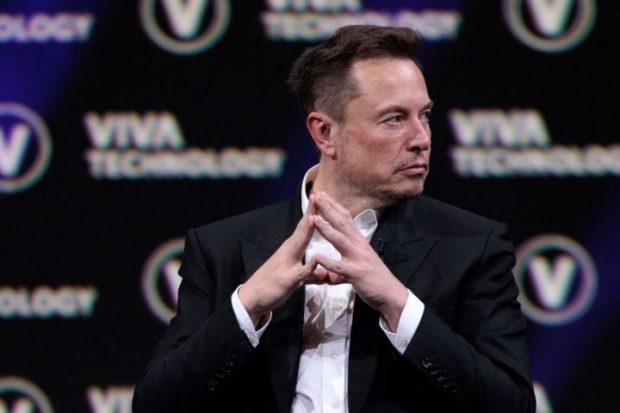Cash is no longer King. Long before the Reserve Bank of Australia (RBA) decided to remove the monarch from our five-dollar note, a campaign had already begun to make Australia cashless. Not a grassroots campaign led by the community, but rather one led by the ‘big three’.
Big banks, big government, and big business.
What’s in it for them, you might ask?
For the banks, it’s obvious.
Already a subscriber? Log in
Subscribe for just $2 a week
Try a month of The Spectator Australia absolutely free and without commitment. Not only that but – if you choose to continue – you’ll pay just $2 a week for your first year.
- Unlimited access to spectator.com.au and app
- The weekly edition on the Spectator Australia app
- Spectator podcasts and newsletters
- Full access to spectator.co.uk
Or


























Comments
Don't miss out
Join the conversation with other Spectator Australia readers. Subscribe to leave a comment.
SUBSCRIBEAlready a subscriber? Log in